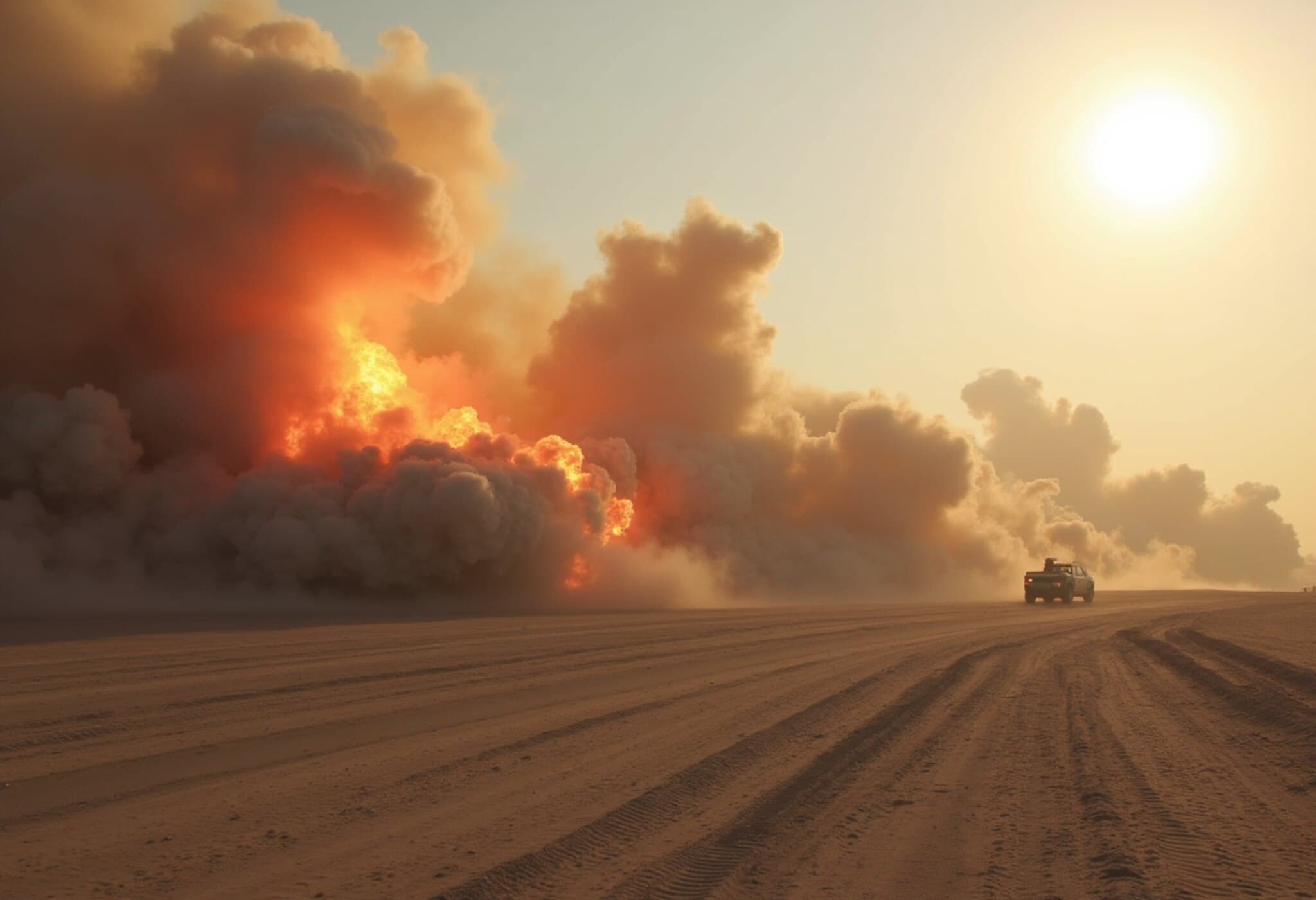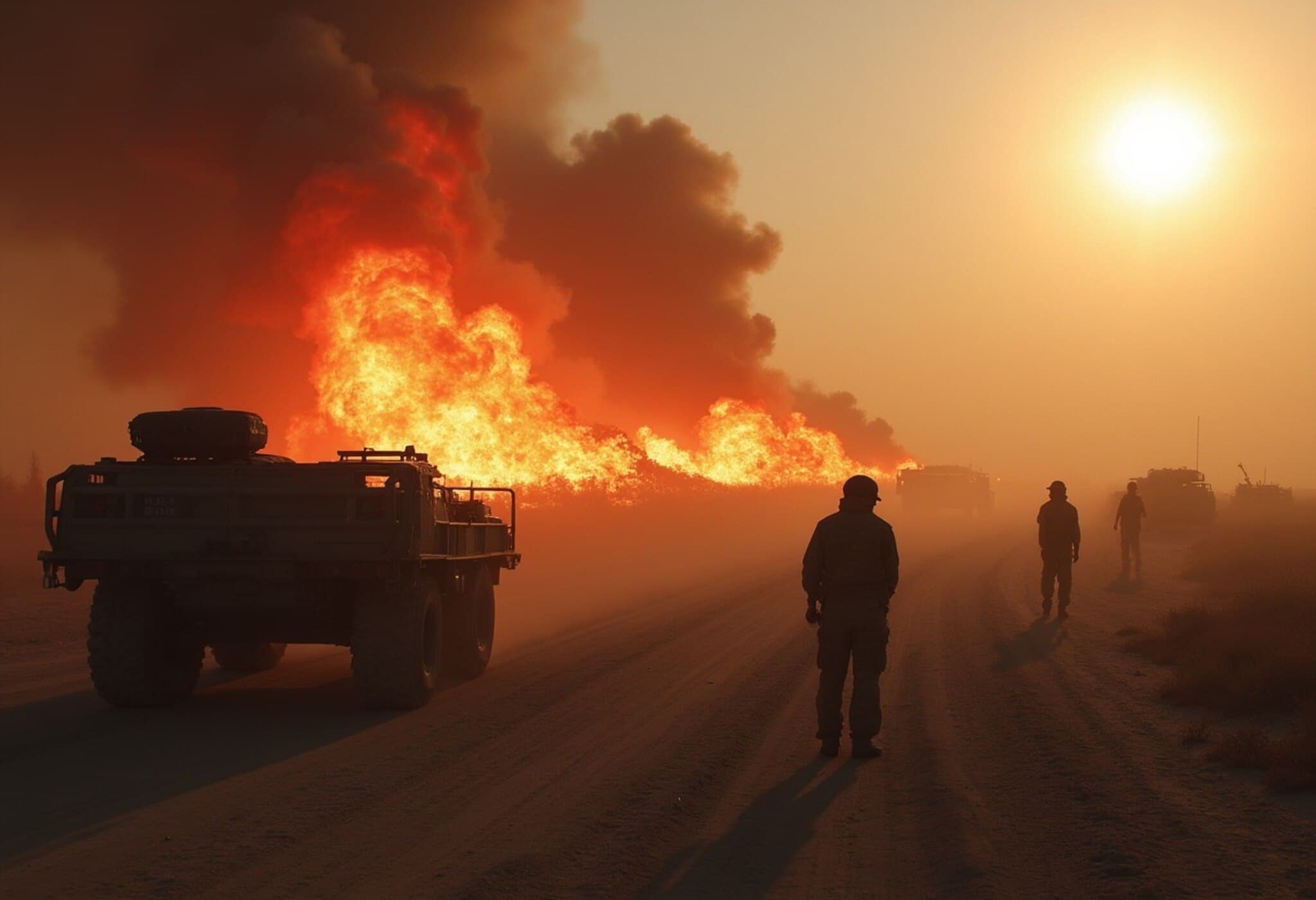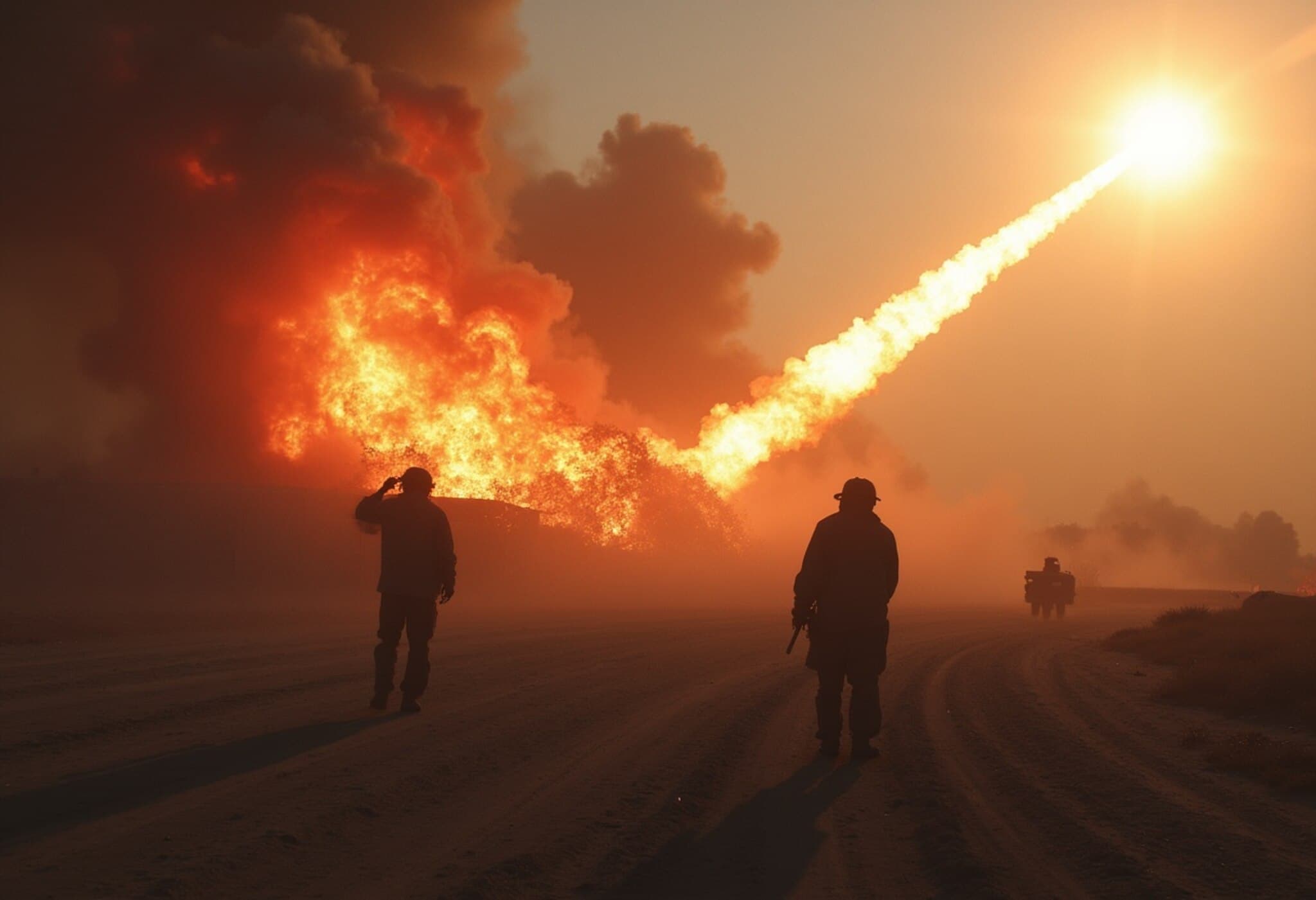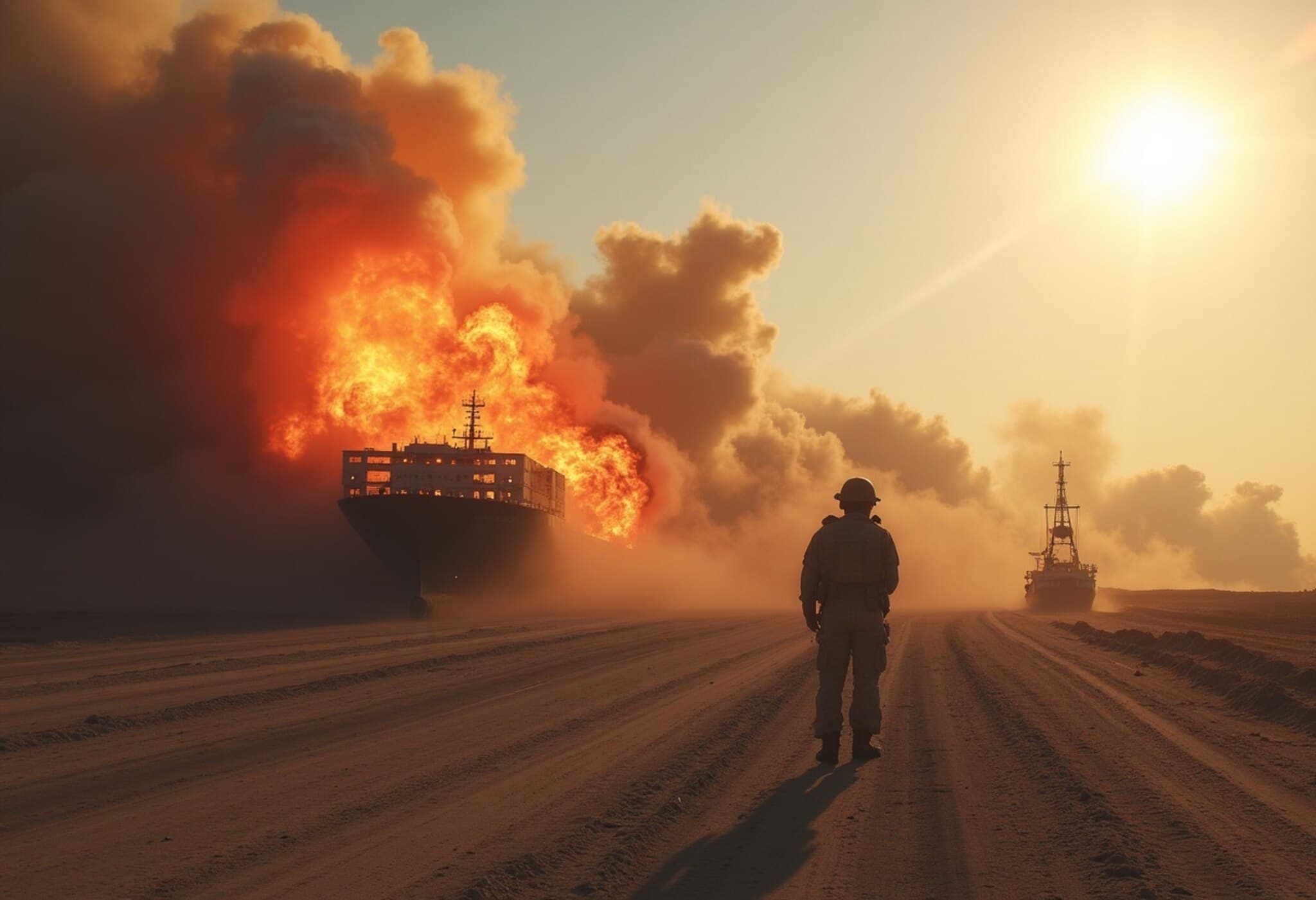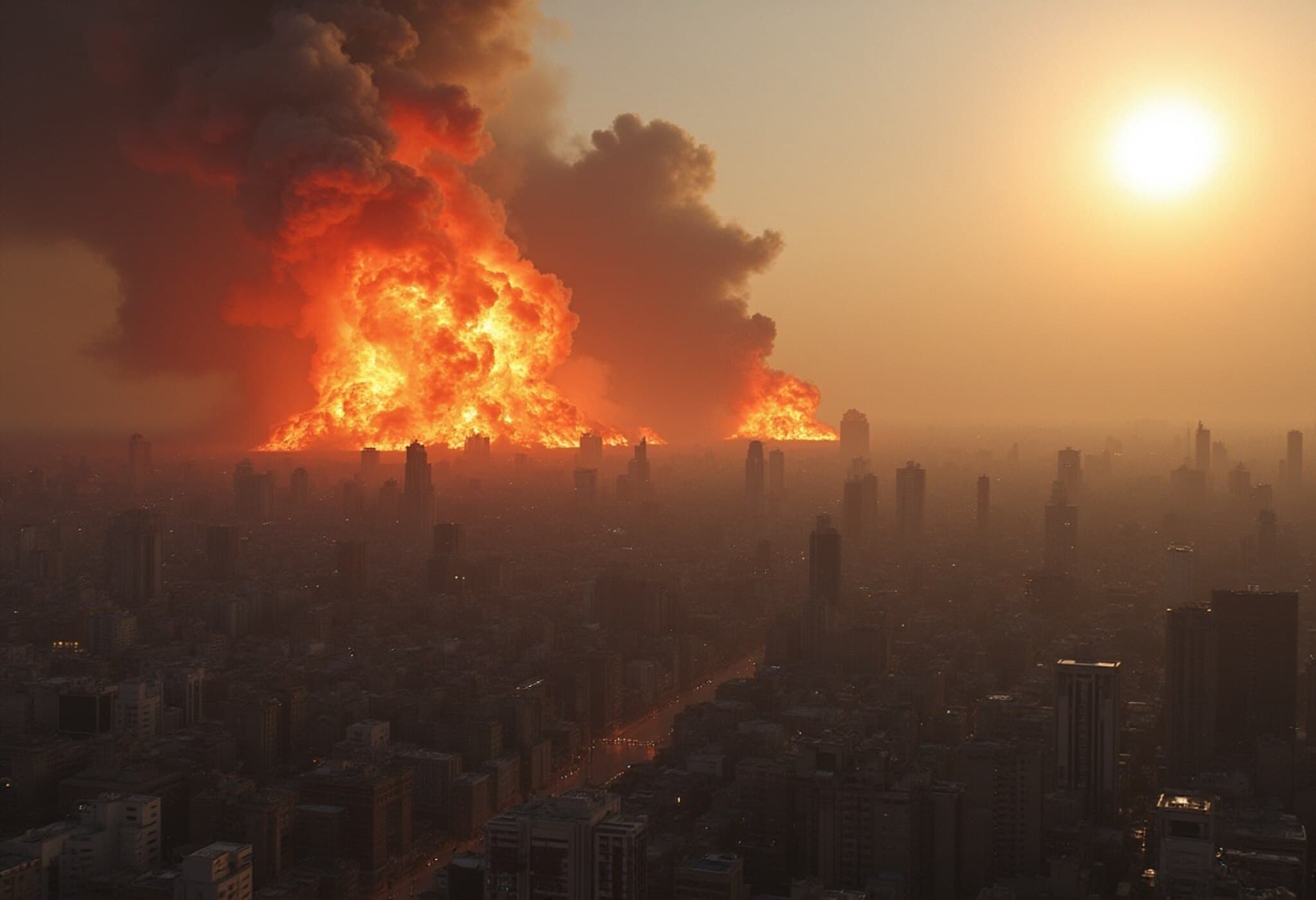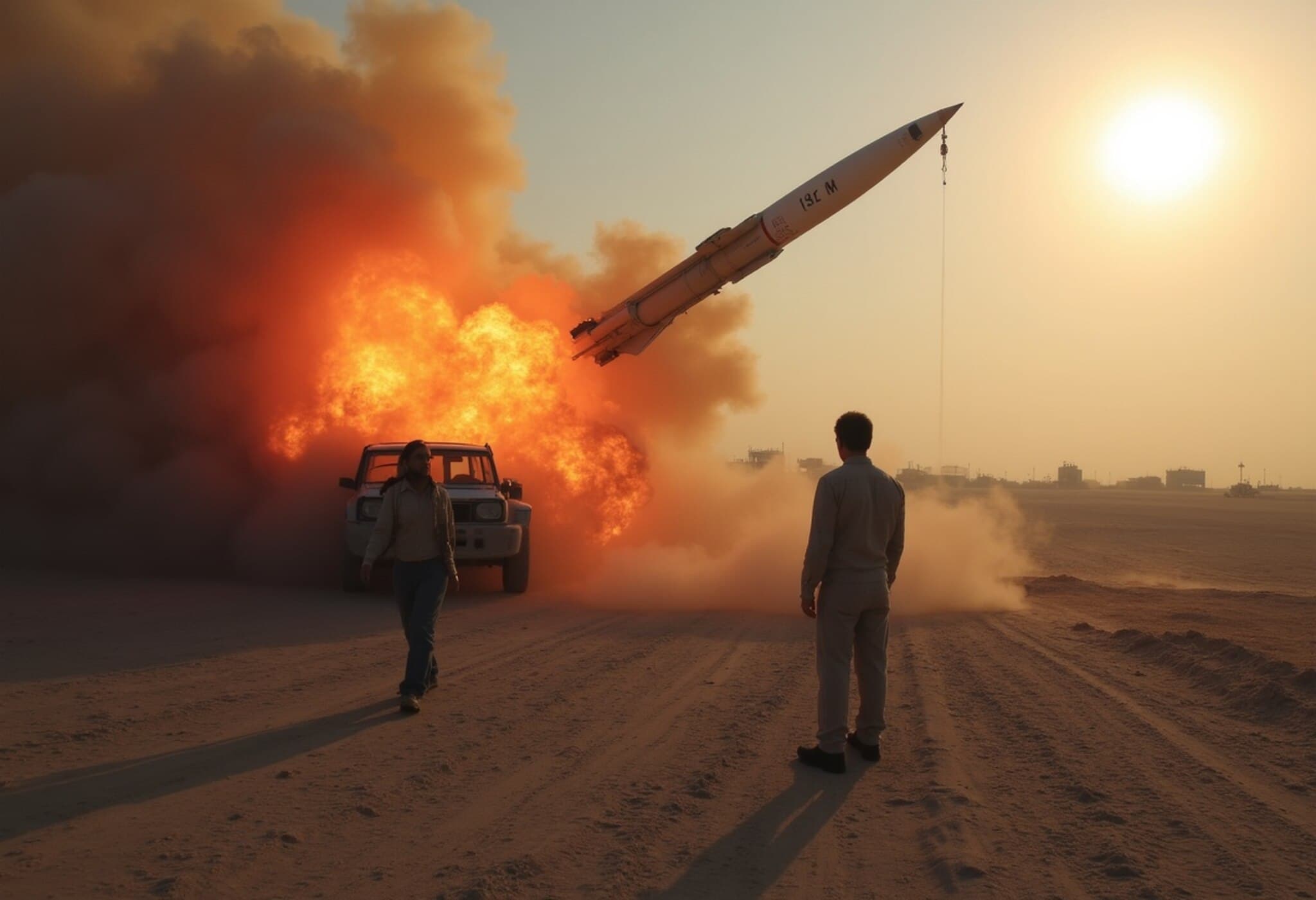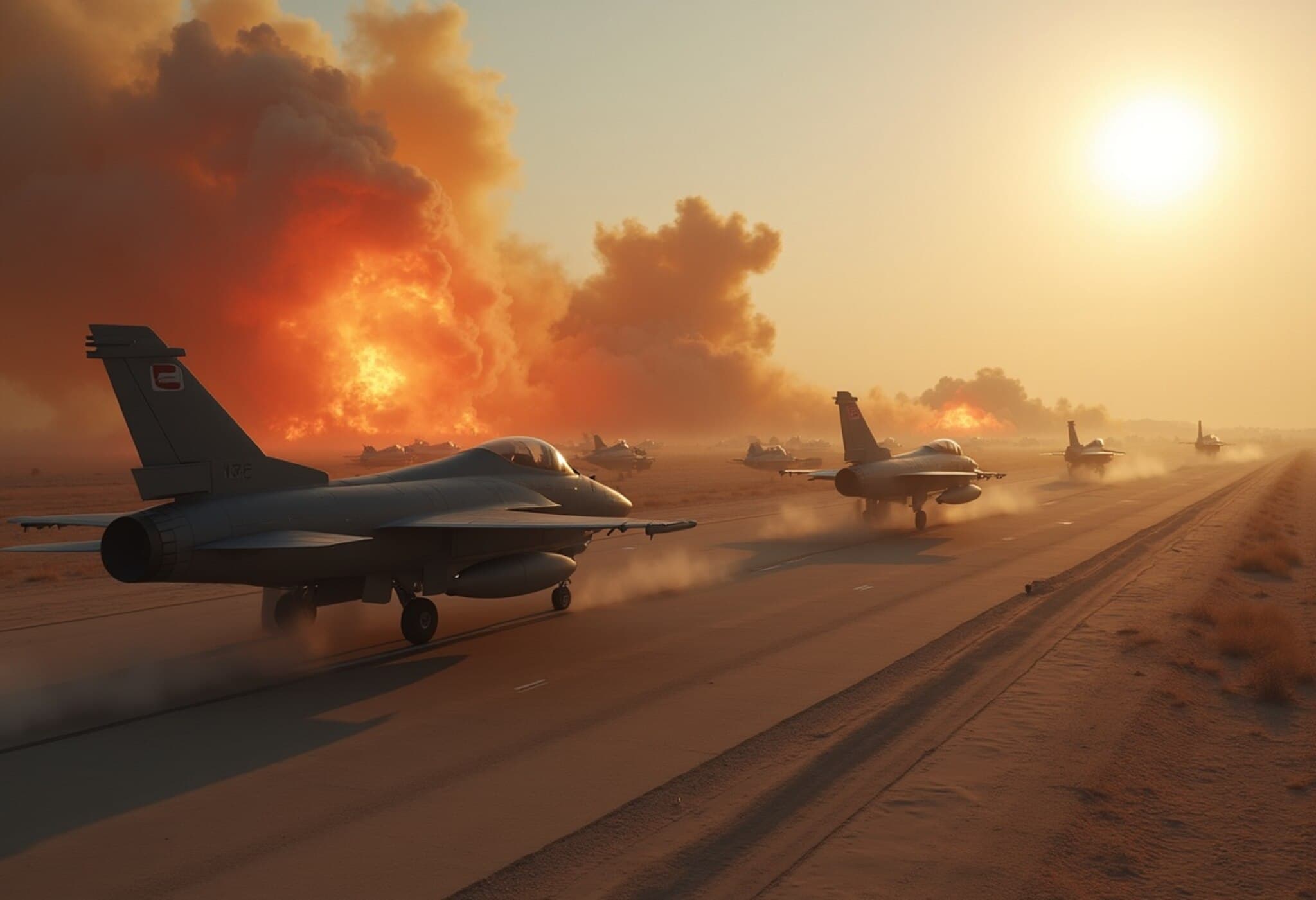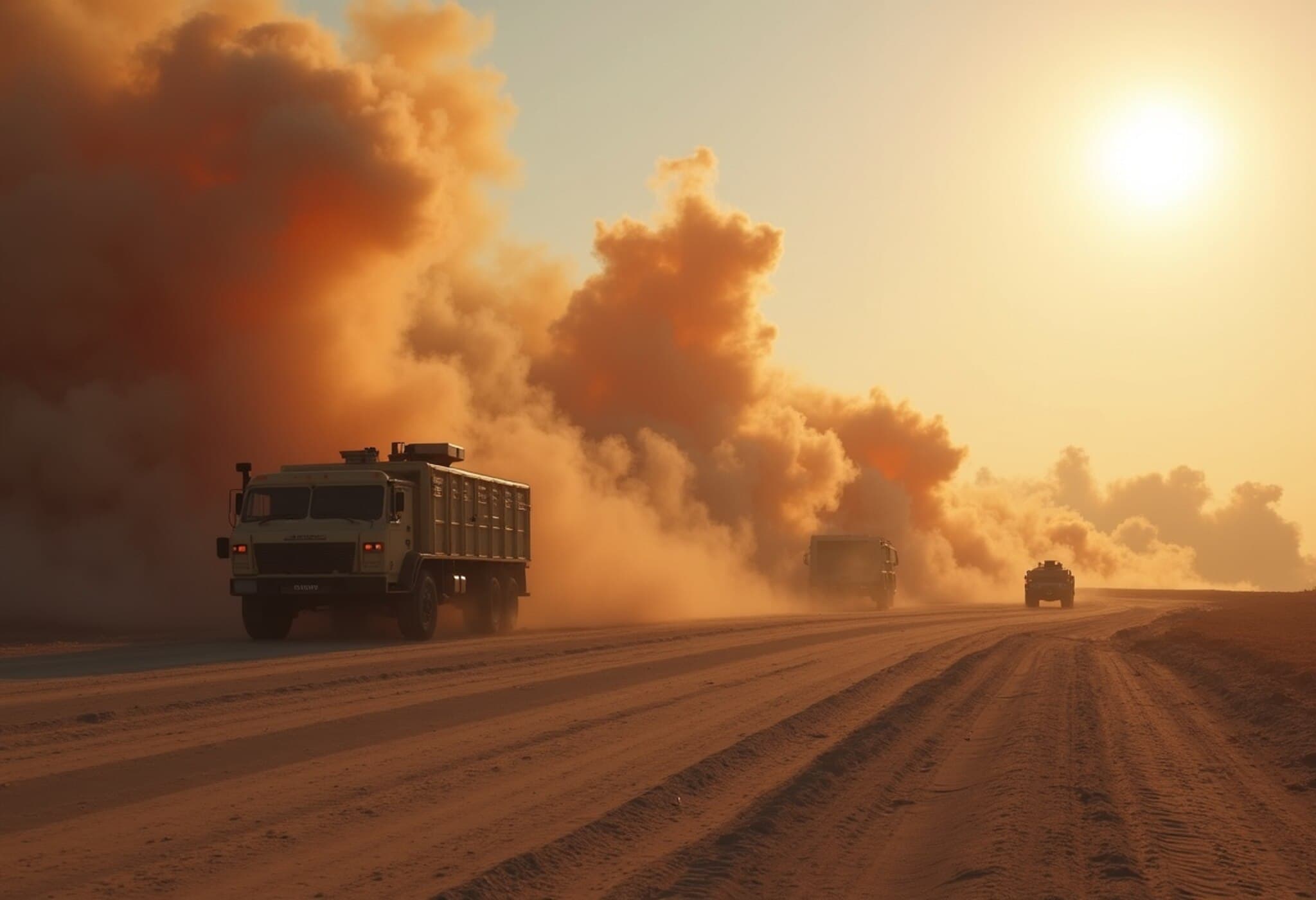Iran Launches Missile Attack on US Al-Udeid Air Base in Qatar
In a significant escalation of regional tensions, Iran launched a missile strike on the prominent US military installation, Al-Udeid Air Base, located near Doha, Qatar. This bold retaliation, dubbed Operation Besharat Fatah, was announced by Iran as a firm message against any threat to its security or sovereignty.
Details of the Retaliatory Strike
According to Iranian officials, the missile assault matched the intensity of the recent United States airstrike on Iran’s underground nuclear facilities, with the volume of missiles fired equaling the number of US bombs dropped during the assault. To minimize civilian casualties, the targeted air base was deliberately chosen for its distance from urban areas.
A spokesperson for Iran’s Armed Forces confirmed that the attack was executed by the Islamic Revolutionary Guard Corps (IRGC), signaling a shift from previous tactics. The spokesman declared, "The era of hit and run is over," emphasizing a new phase of assertiveness.
Strategic Importance of Al-Udeid Air Base
Positioned southwest of Qatar’s capital, the Al-Udeid Air Base is a central hub for US military operations in the Middle East. Hosting approximately 10,000 US troops and nearly 100 aircraft, it serves as the forward headquarters for US Central Command (CENTCOM) and supports missions in Iraq, Syria, and Afghanistan.
Immediate Reactions and Regional Impact
US President Donald Trump monitored the unfolding situation closely from the Situation Room, highlighting the seriousness of the incident. In response to the missile strike, Qatar swiftly closed its airspace, redirecting flights away from Doha, one of the world’s busiest international airports, as a precautionary measure.
The Qatari government condemned the attack as a "flagrant violation" of its sovereignty and airspace. Foreign Ministry spokesman Majed Al-Ansari articulated Qatar's strong opposition, underscoring concerns for international law breaches.
Following suit, the United Arab Emirates, Bahrain, and Kuwait also closed their airspace temporarily, citing escalating regional security concerns. Bahrain’s Ministry of Transportation labeled the suspension as a safety precaution in view of recent developments.
Advisories for Civilians and Diplomatic Moves
The Indian Embassy in Doha issued a cautionary advisory urging its citizens to stay indoors and follow local guidelines amid the heightened tensions.
Meanwhile, Iran sought diplomatic support from its key ally Russia, with Iranian Foreign Minister Abbas Araqchi meeting President Vladimir Putin in Moscow to discuss the evolving situation.
Broader Context and Escalating Conflict
The missile attack on Al-Udeid comes in the wake of US airstrikes on Iranian nuclear sites over the weekend, which Iran vowed would not go unanswered. Adding to the complexity, Israel targeted a political prisoners’ facility in Tehran, signaling a widening scope of conflict that now touches Iran's core institutions.
The US embassy in Qatar has urged American citizens to shelter in place amid ongoing instability, reflecting the volatile security environment in the Gulf.
This missile strike underscores the fragile state of regional affairs and the potential for further escalation between Iran and the United States, as diplomatic and military maneuvers continue to unfold.

